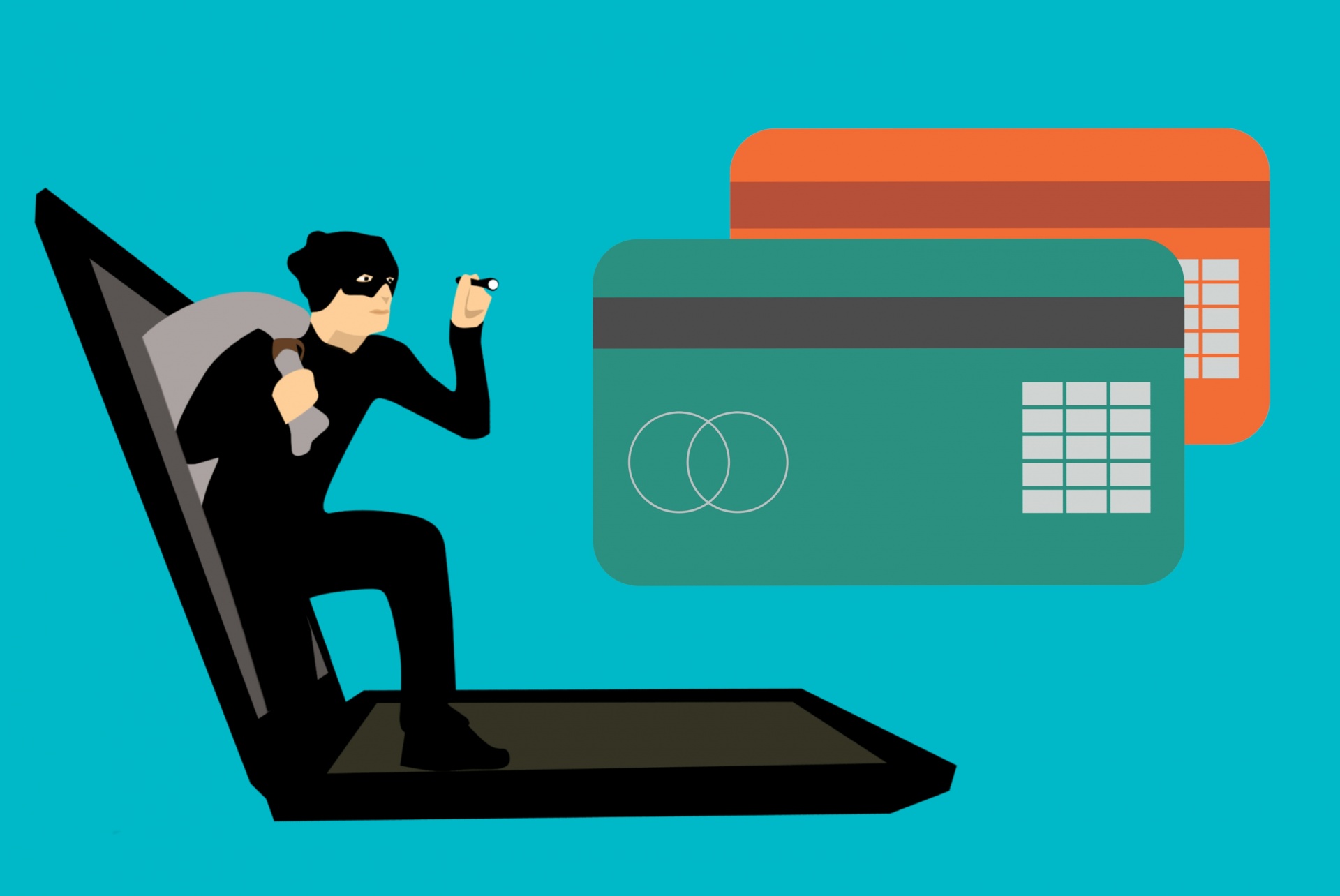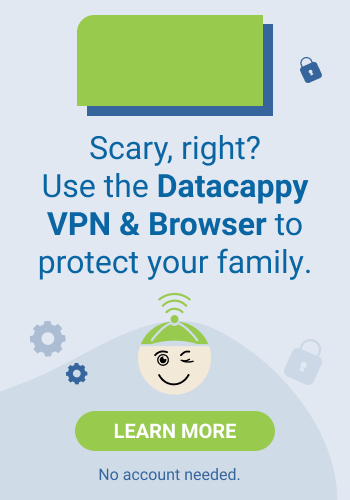
It’s time to start thinking of products like Roku as two-way devices that provide services in exchange for information. Switch on your Roku Ultra and it’s watching you and your family watch it. Understanding the privacy agreements from entertainment services like Roku can help you better understand the technology and enhance your family’s private security.
What Is Roku?
Roku makes devices and services that allow you to watch internet content on your TV. Content that can be accessed through a Roku device range from free content from services like YouTube to subscription services like Netflix and HBO GO. In all, around 3,000 channels and services can be accessed using a Roku device.
They have a range of physical devices that attach to your TV that include physical set-top boxes like the Roku Ultra and Roku Premier, as well as small Roku sticks that plug into your TV’s HDMI ports.
How Does Roku Handle Your Data?
One thing that all consumers should understand: any advertising-based service will engage in data collection. Roku’s US privacy policy spells out what sorts of data they collect, how they use that data, and what level of control you have over what you share.
When you use a Roku device or the Roku app, the company behind those products will collect information about what you are watching both on Roku-sponsored channels and ones from outside the Roku service. For instance, if you use your Roku Media Player to listen to music files that you own, Roku will record that activity. This information is then used by both Roku and third-party advertisers to tailor the ads that come to you through your device. See? It’s a service in exchange for information.
When you are using a Roku TV with Smart TV enabled, they’ll also get information about what you watch using the Roku’s antenna and any devices that are attached to the Roku TV. You can avoid this by turning off the Smart TV option; however, this may limit some of what you are able to view.
How Can You Manage the Data They Collect?
The only way to stop a technology company from collecting your data—to reject the services in exchange for information grand bargain—is to never use that company’s services or devices. However, there are a few things you can do to limit what Roku collects. As mentioned before, you can shut off Smart TV. This will prevent them from sharing viewing and ad measurement data that they collect from streaming channels.
You can also reset your unique advertising ID. This wipes out any data associated with your ID. However, it will continue collecting data from the reset point on.
Often, it is impossible to completely stop data collection. However, by understanding what is being collected and how it is used, you can make more informed decisions for yourself and your family.
And remember: Your data is valuable, and it’s yours.







